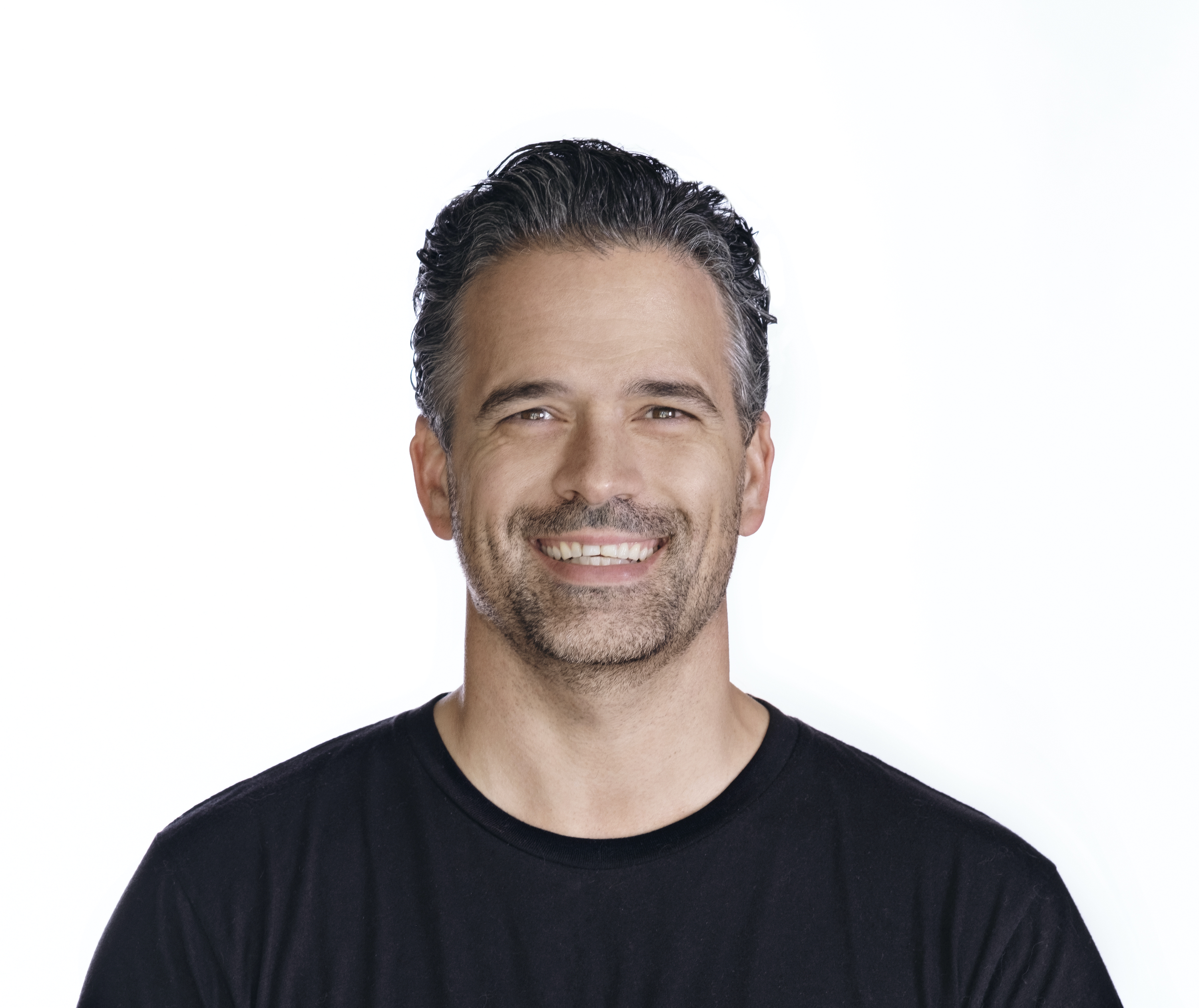What Am I Good At? 5 Practical Ways to Discover Your Strengths

Jesse Wisnewski


Professional Development
Ever felt stuck wondering, What am I good at?
You’re not alone.
I’ve been there more than once. Not during a job interview, but late at night when the house is quiet and the doubts are loud. You start wondering if your work matters. If your skills are even valuable. If there’s something more you were meant to do.
That question, what am I good at, isn’t just about skills or jobs. It’s about calling, purpose, and stewardship.
Before we get into the details, here’s a quick look at where we’re going:
- Why This Question Matters
- Why It’s Hard to Know What You’re Good At
- What Am I Good At? 5 Practical Ways to Find Out
- What the Bible Says About Your Gifts
- What to Do Next
Let’s dig in.
Why This Question Matters
You were created on purpose, for a purpose. But you weren’t created to do everything.
Trying to master everything leads to burnout. But being faithful with what God has given you? That’s where lasting impact begins.
In Matthew 25, Jesus tells a parable of servants given different talents. Each was expected to be faithful with what they were given, not with what others had. The same is true for you.
You don’t need to match someone else’s gifts to make a difference. You don’t need to fit a mold to live meaningfully.
When you know what you’re good at:
- You stop spinning your wheels
- You focus your energy
- You serve others with clarity and joy
That’s not pride. It’s stewardship.
Why It’s Hard to Know What You’re Good At
If you’re struggling to answer this question, you’re not broken. You’re human. Most of us wrestle with it because of:
1. Comparison
We spend more time watching others than reflecting on ourselves. It’s hard to notice growth when we’re measuring against someone else’s highlight reel.
2. Fear of Failure
What if we name a strength and we’re wrong? What if we try something new and fall short? So, we hesitate.
3. Lack of Feedback
Even when people affirm us, we brush it off. And we rarely get helpful, honest feedback from those who know us well.
Add the noise of social media, the pressure to always “be exceptional,” and the pace of life, and it’s no wonder so many feel directionless.
There’s a better way. Start small. Pay attention. Be honest. Be faithful.
You don’t need to unlock some hidden genius. You need to recognize what’s already there and grow it with purpose.
What Am I Good At? 5 Practical Ways to Find Out
Discovering your strengths doesn’t require a career coach or a personality test. Sometimes, it just takes paying closer attention to your everyday life. These five practices can help you see where you’re already equipped to serve and grow.
1. Notice What People Ask You for Help With
The people around you are sending signals.
What do your friends, coworkers, or kids ask you to help with? Discernment? Encouragement? Clarity in chaos? Those are clues.
Keep a simple list. You may not notice a pattern at first, but over time, themes emerge and point to your strengths.
Remember: God often reveals your gifts through community.
2. Pay Attention to What Energizes You
Not everything you’re good at will energize you, but many gifts do.
Ask:
- What tasks make me lose track of time?
- What do I look forward to?
- What gives me life, even when it’s hard?
Energy is a compass. It points toward how you’re wired.
3. Reflect on Past Wins
Think back to times when things just clicked. Big or small.
Don’t just recall accomplishments. Look for alignment:
- When did you feel useful?
- What made you proud in a healthy way?
- What projects lit you up?
You can also use tools like:
- CliftonStrengths
- Myers Briggs
- Working Genius
- Journaling prompts
These aren’t magic, but they give language to things you’re already doing.
4. Ask Someone You Trust
Self-awareness often takes a team.
Ask a friend, mentor, or manager: “When have you seen me at my best?”
You don’t need 100 opinions. Just one or two honest voices who care about you. Their feedback might confirm what you already suspect or reveal strengths you didn’t realize.
As Proverbs 27:6 says, “Faithful are the wounds of a friend.”
5. Try Something and Reflect
You won’t find clarity by thinking alone. You have to do.
Experiment. Try a new role, hobby, or volunteer gig. Then reflect:
- Did this feel life-giving or draining?
- Was I helpful?
- Did it stretch me?
Clarity comes through action. Even small steps lead forward.
These five practices don’t promise instant clarity, but they will give you direction. Over time, they help you grow in both self-awareness and stewardship. Start small and trust that God will guide the process.
What the Bible Says About Your Gifts
Your identity isn’t defined by your gifts. But your gifts are meant to be used. Ephesians 2:10 reminds us, “We are His workmanship, created in Christ Jesus for good works, which God prepared beforehand.”
That means there are things only you are meant to do.
Romans 12 reminds us that we each have different gifts—teaching, encouraging, leading, serving—and we’re called to use them in love, for the good of others, and the glory of God.
Whether your strength is leading teams or listening well, both matter. Both serve. Both reflect the God who gives all good gifts.
Don’t chase applause. Follow purpose.
What to Do Next
You don’t have to figure out everything today. But you do need to begin.
Take the next faithful step. Keep a journal. Pray for insight. And don’t rush the process.
Faithfulness starts with focus. Focus grows from clarity. And clarity begins with a question: What am I good at?
Now is a great time to find out.












